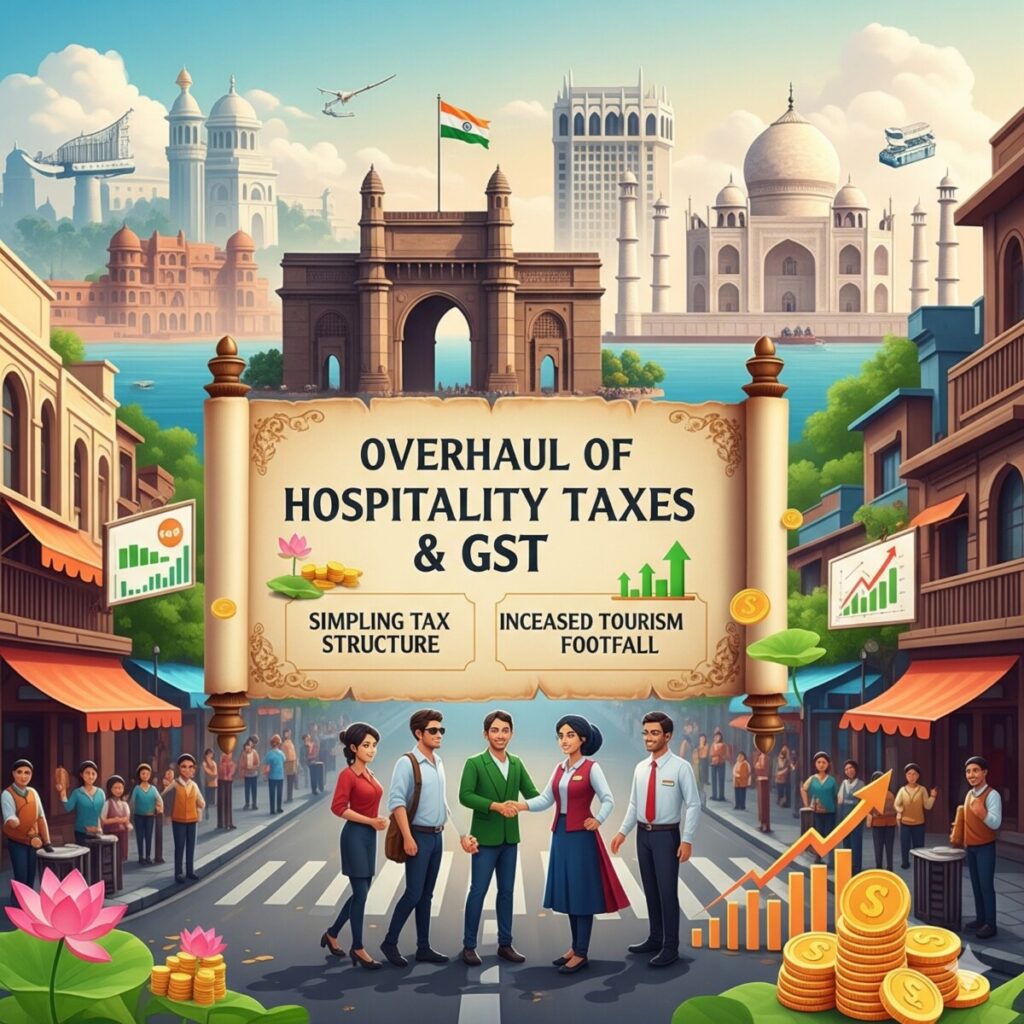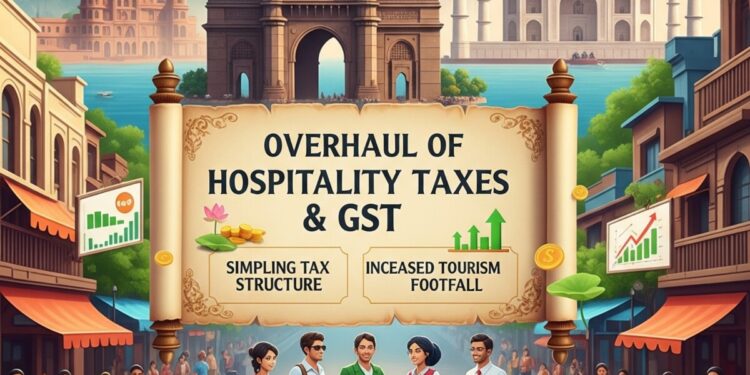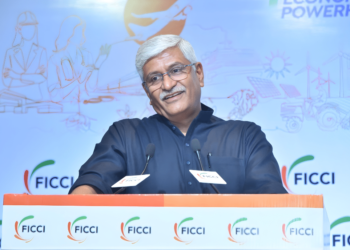– KH News Desk (cbedit@imaws.org)

In a bid to elevate India’s position in global tourism, the Hotel Association of India (HAI) has warmly embraced recent signals of comprehensive GST reform, calling it pivotal for transforming the country’s hospitality sector into a truly competitive global player. HAI specifically advocates a uniform 5% GST rate with input tax credit (ITC) across hotels, restaurants, and tourism services—a move aimed at simplifying taxation, boosting investment, and spurring job creation.
Unlocking Tourism Potential
HAI underscores that tourism, a cornerstone of inclusive growth, has the potential to contribute up to 10% of India’s GDP—if armed with the right regulatory tools. Simplified GST structures, the association argues, could unlock this potential and accelerate the country’s push toward becoming one of the world’s top five tourism destinations by 2047—a cornerstone of Vision 2047.
Reform Highlights and Rationale
Current GST Thresholds Are Outdated
Today, hotel rooms priced up to ₹7,500 per night fall under the 12% GST slab, a threshold unchanged for nearly six to seven years. HAI urges policymakers to update this in line with inflation and raise the ceiling to ₹15,000, which would bolster both affordability and competitiveness.
Uniform 5% Rate with ITC
Simple tax structures with input credit are seen as catalysts for better compliance, easier operations, and higher investor confidence. A uniform 5% GST with ITC would streamline everything from billing to financial planning, and reduce the tax burden across the board.
Why These Reforms Matter
As HAI President KB Kachru succinctly puts it: “The current 18% tax on hotels is too prohibitive—it raises tariffs and puts India’s global competitiveness at risk.” Rationalisation, he adds, is not just a tax tweak—it’s a strategic lever to enhance productivity, attract investment, and strengthen GDP contribution.
Policy Impact & Growth Prospects
- Investor Confidence: A predictable, business-friendly GST environment can stimulate fresh capital inflows into new hotels, resorts, and tourism infrastructure.
- Boost to Employment: Hospitality is a proven multiplier sector—every rupee invested generates multiple direct and indirect jobs. A reformed tax regime could significantly ramp up job creation.
- Global Parity: Many leading regional competitors—Thailand, Vietnam, Malaysia—offer tourism-related taxes in the 6–10% range. India’s high tax burden is a deterrent for tourists; GST reform could help realign its competitive standing.
- Economic Growth Engine: With tourism already a major contributor to GDP, rationalised GST could unleash further growth, empowering both formal and informal segments within the sector.
HAI’s recommendations are perfectly timed as India’s GST Council actively considers sweeping tax reforms. The proposals also align with wider economic narratives:
- India’s Prime Minister indicated the need for “next-generation” GST reforms during his August 15 Independence Day address, signaling a revisionist approach to outdated slabs.
- Recent reporting suggests the government is leaning toward a two-slab GST system, potentially with 5% for essentials and 18% for other goods and services. These structural shifts complement HAI’s hospitality-specific proposals.
- Stock market analysts anticipate that sectors like hotels could see renewed investor interest from rationalised tax structures.
For the hospitality sector, these proposed reforms signal much more than financial reprieve—they could reshape the industry’s trajectory. Simplified taxation could increase foreign tourist inflows, kindle domestic travel, and encourage expansion into new destinations and formats.
HAI’s proactive stance—urging GST rationalisation alongside ITC and tariff adjustments—is designed to enable a virtuous cycle of affordability, investment, and growth. Given tourism’s deep linkages with employment, infrastructure, and local economies, these reforms could become a rallying point for India’s future as a global tourism powerhouse.
With Vision 2047 on the horizon, the hospitality industry’s call for GST reform stands as a powerful policy moment—one that may well determine whether India transforms into the welcoming, competitive destination it aspires to be.







